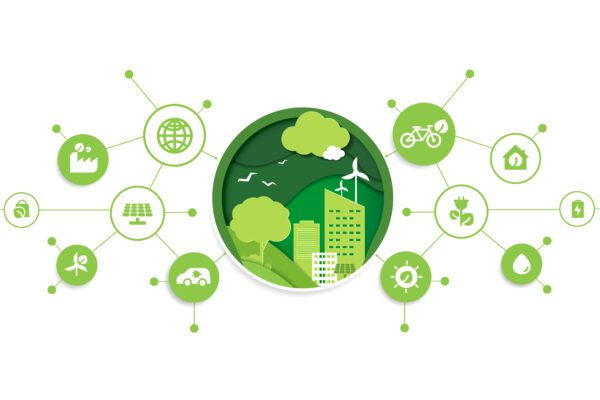The world’s first Centre for Ecocities supports the evolution of ecocities worldwide. Led by Dr. Jennie Moore, a leader in the advancement of sustainable cities and lifestyles, it supports research and provide the tools, metrics, expert planning and policy advice, training and other services that cities and their partners need to become genuine ecocities.
New Report on GHG Targets, Carbon Budgeting, and Progress to Net Zero
A recent report from the Centre for Ecocities’ Ryan Mackie shares how current greenhouse gas emissions targets and carbon budgeting stand up to the latest climate science, and highlights the importance of a consumption-based approach.
Keep Connected
Follow us on linkedinFollow us on twitter
Contact the Centre for EcocitiesSubscribe to our Newsletter
The establishment of the Centre for Ecocities is made possible with funding from the Real Estate Foundation of British Columbia (REFBC). REFBC is a philanthropic organization that works to support resilient, healthy communities and natural environments.



